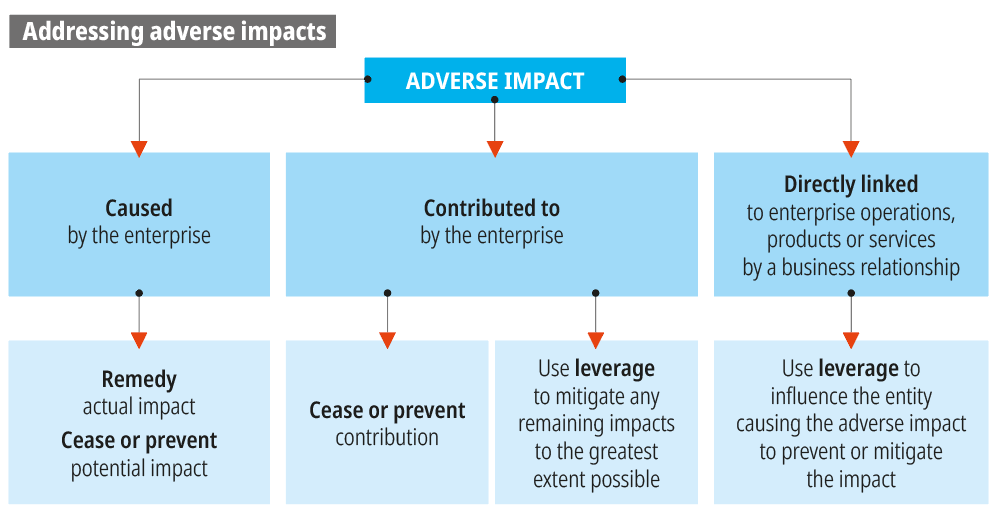Public-private cooperation tools: Build trustFirm level strategies |
IssueThe resilience of supply chains is built at the firm-level through end-to-end visibility in supply chains, cooperation, agility and flexibility. Most firms have developed advanced risk management strategies based on past risks and shocks. As firms need to balance the economic consequences of disruptions with the costs of mitigating risks, they are best positioned to decide the acceptable level of risk and how to organise production process so as to reduce vulnerability. Private-sector risk management strategies can adopt a range of approaches, including:
Governments can support firm risk management strategies by reducing exposure to risks and uncertainty, ensuring they are ready to face a severe crisis, and that the impact of the disruptions created on individuals and societies are sufficiently taken into account. By anticipating, preventing, preparing for, and responding to shocks, firms can play a role in minimising disruptions. This would benefit business operations, as well as individuals and society as a whole. Responsible Business Conduct (RBC) principles and standards, for example, provide a framework to reduce the risk of supply chain disruptions and minimize social and environmental impacts as they occur. Policy action
Related tools & publications
|

